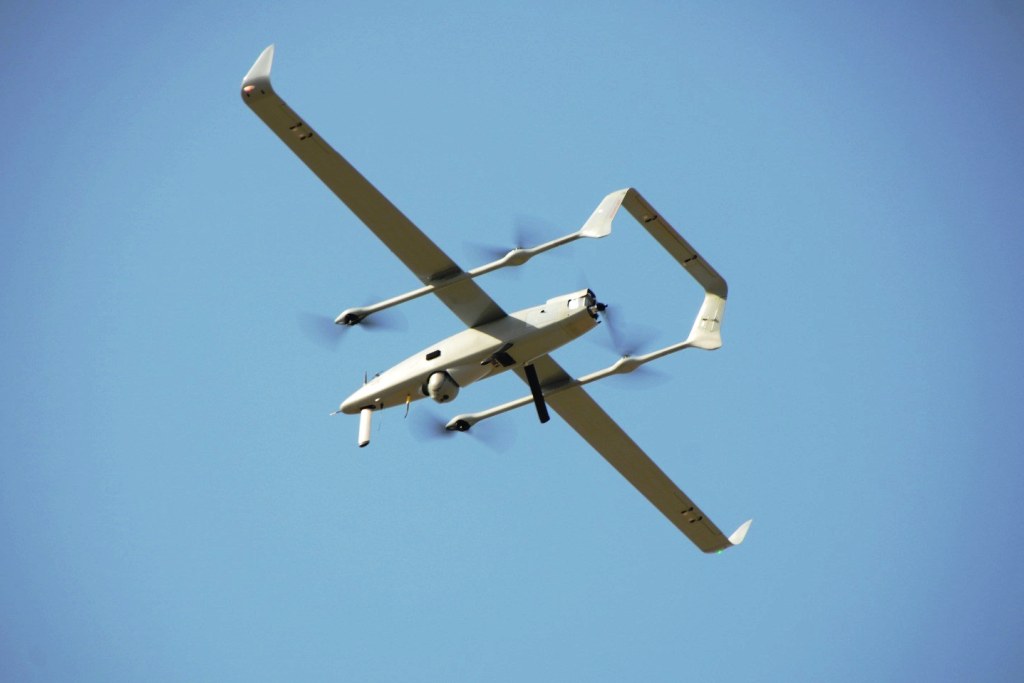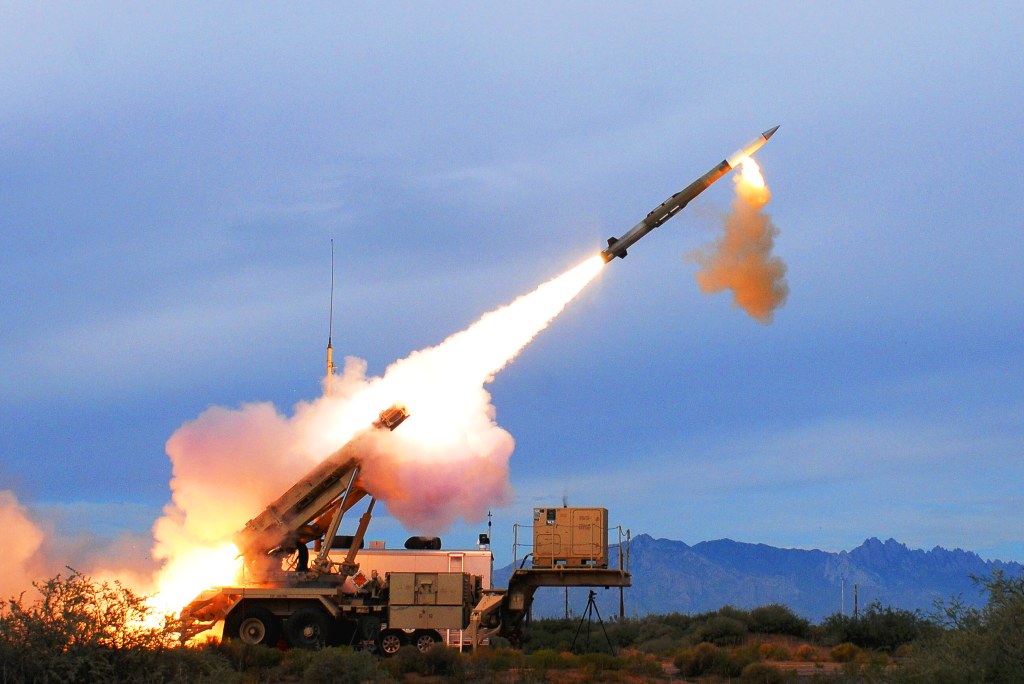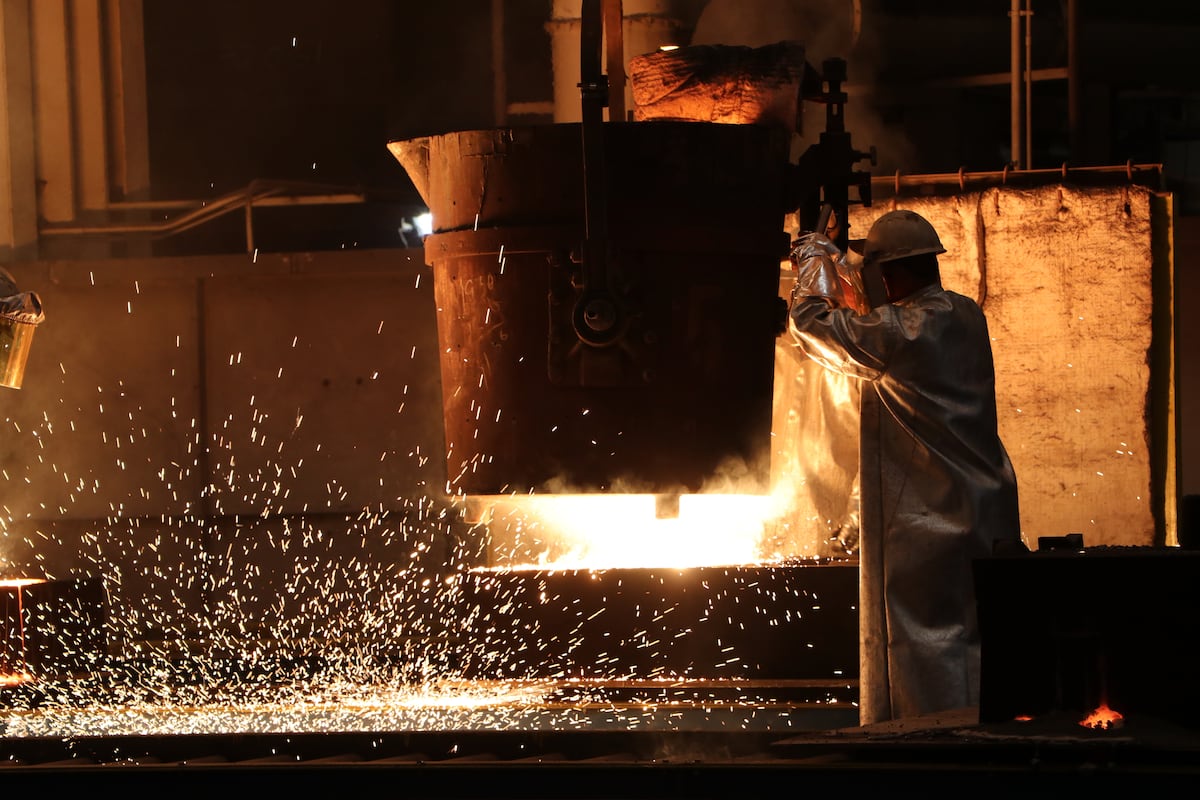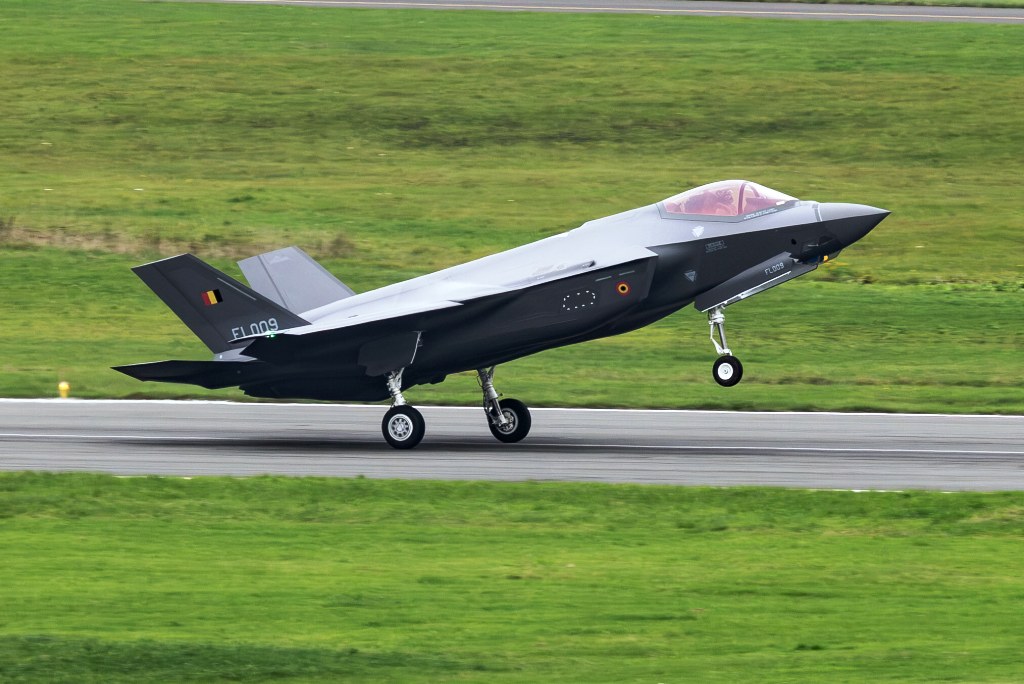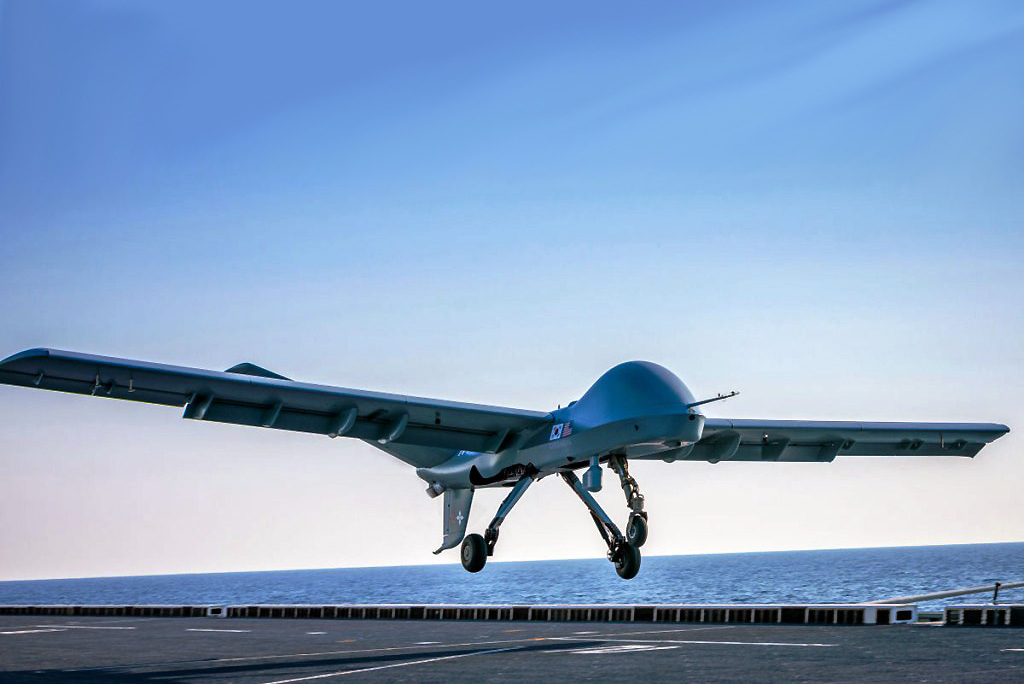Serbian President’s Controversial Decision to Attend Russia’s Victory Day Parade
In a move that raises eyebrows and stirs debate, Serbian President Aleksandar Vucic has announced his intention to attend Russia’s annual Victory Day military parade in Moscow this upcoming May. This event marks the significant historical moment of the defeat of Nazi Germany during World War II. However, Vucic’s plans come under scrutiny, especially regarding their implications for Serbia’s aspirations to join the European Union (EU).
The Significance of Victory Day
Victory Day, celebrated on May 9th, is a momentous occasion in Russia, filled with military displays, parades, and a deep sense of national pride. This year is particularly marked by Serbia’s involvement, as Serbian military units are set to participate in the parade for the first time. This inclusion symbolizes a closer military partnership with Russia at a time when global politics are tense and alliances are continually shifting.
EU’s Concerns Over Vucic’s Visit
European Union officials have voiced strong objections to Vucic’s decision to attend the parade. Kaja Kallas, the EU’s chief diplomat, has explicitly called on European leaders to refrain from attending the event. Her clear warning delineates the risks associated with perceived support for Russia amidst its ongoing invasion of Ukraine. Kallas has stressed that any participation in the Moscow celebrations would be viewed unfavorably in Europe, particularly given the context of Russia waging war on a neighboring sovereign state.
The EU’s apprehension is not without basis. The attendance of Serbian leadership could be interpreted as tacit approval of Russian aggression, possibly hampering Serbia’s ambitions of EU membership—a goal that has been pursued with varying levels of sincerity over the years.
Alternative Invitations Amidst Rising Tensions
In a notable counterpoint to the planned festivities in Moscow, the Ukrainian government has extended an invitation to European leaders to visit Kyiv on the same day as the Victory Day celebrations. This gesture underscores Ukraine’s ongoing plight and its appeal for solidarity from European nations, contrasting sharply with Serbia’s approach by engaging in the Russian commemorative events.
Support from Slovakia and Historical Context
Strikingly, Slovakia’s Prime Minister Robert Fico has echoed Vucic’s sentiments, expressing his intent to travel to Moscow for the Victory Day celebrations as well. The participation of these leaders highlights a complex web of regional politics where historical ties and current alliances both play a critical role.
Historically, several nations have joined Russia’s parades, including countries like Belarus, Azerbaijan, and Cuba, demonstrating a spectrum of international relations held together by shared historical narratives and geopolitical interests. However, there is a stark divide emerging between nations that openly align with Western powers and those that show allegiance to Russia.
The Implications for Serbia’s Military and Political Future
While Serbia remains outside of NATO and champions a policy of military neutrality, its aspirations towards EU integration add layers of complexity to Vucic’s diplomatic maneuvering. Recently, Serbia has made strides towards bolstering its military capabilities, exemplified by a notable deal to purchase twelve Rafale fighter jets from France. This acquisition indicates a nuanced shift towards Western military cooperation, contrasting with Serbia’s participation in Russian commemorative events.
The juxtaposition of military neutrality and the desire for EU membership complicates Serbia’s geopolitical stance. It raises questions about how Vucic’s attendance at the Russian parade will resonate within the broader context of Serbia’s military and foreign policy strategy.
The Broader Political Landscape
Amidst these developments, the geopolitical climate has been subject to significant shifts, particularly since the onset of Russia’s aggression in Ukraine. The dynamics of Western support for Ukraine have evolved, especially during the administration of former U.S. President Donald Trump, who was characterized by a more conciliatory view towards Putin and an apparent retreat from robust military support to Ukraine.
As Vucic prepares for a visit to Moscow, the stakes are high. His decision is poised to influence not only Serbia’s relationships with the EU but also its standing in the broader geopolitical arena. Countries in the Balkans are navigating a tightly woven fabric of historical alliances, security needs, and aspirations for European integration, amid an increasingly polarized international scene. The implications of Vucic’s forthcoming actions will be closely monitored by both regional allies and adversaries, underscoring the ever-evolving nature of diplomacy in times of conflict.

